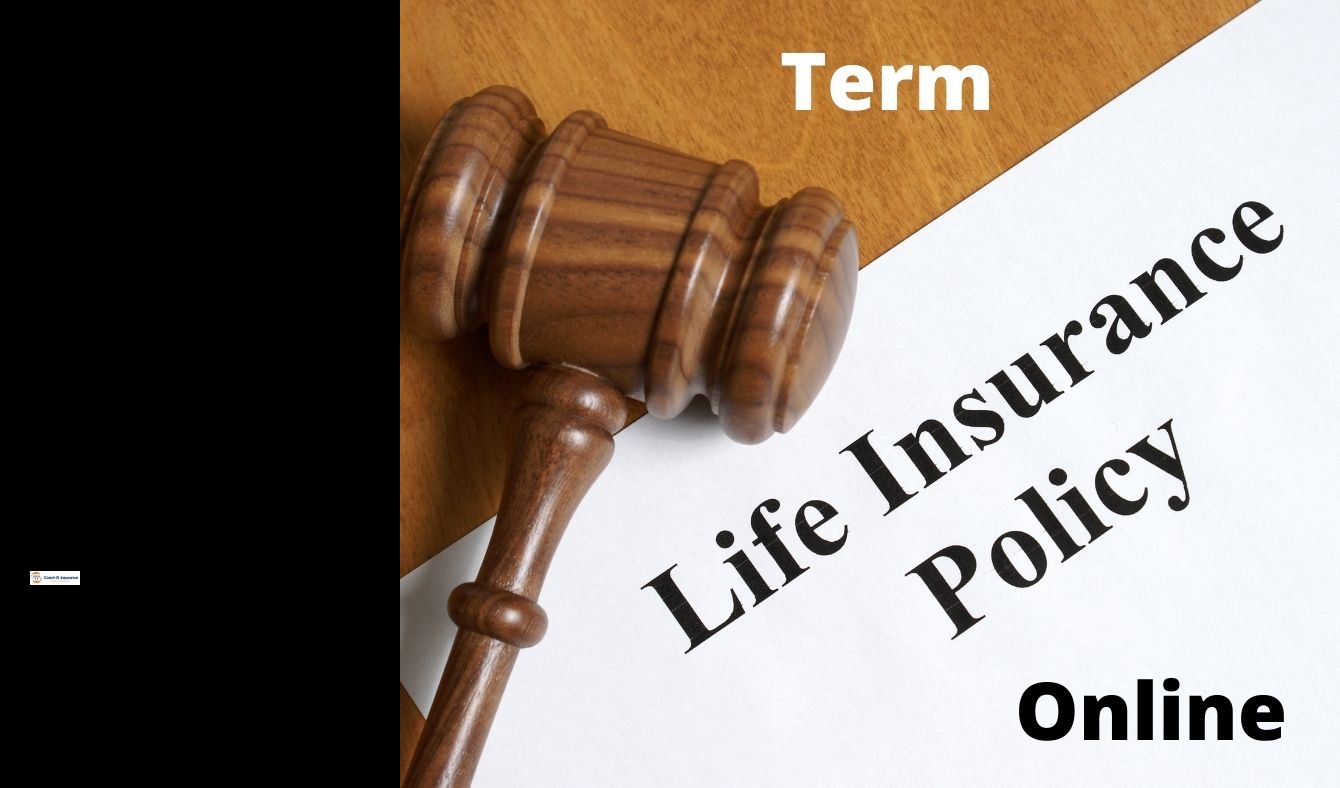life term insurance quote
A level policy is the most common type. It is the death benefit that is paid for term policies. It is also possible for the benefit to decrease over time. This usually happens in one-year increments.

Term life is a temporary policy that covers a limited period of time and is typically less expensive than permanent insurance. This makes it a great choice for young families who are looking for coverage for unforeseen circumstances. You can purchase a policy that covers the years your family depends on you financially, and then lower your coverage when you become independent.
Term life insurance provides a simple and affordable way for people to protect their financial health in case of an unfortunate event.
Online life insurance is sometimes possible without having to undergo a medical exam. Term coverage does NOT build cash value. Most families find term life sufficient.
A level policy is the most common type. It is the death benefit that is paid for term policies. It is also possible for the benefit to decrease over time. This usually happens in one-year increments.


Individual life insurance quotes depend on many factors which influence your risk. A healthy 35-year-old male getting a term life insurance policy can expect to pay about $30.42 in monthly premiums for a 20-year, $500,000 policy as of April 2022, while a 35-year-old female with the same term length and policy amount may pay $25.60. Generally, term life insurance is more affordable than whole life insurance because the Whole Life lasts longer and has an additional savings feature.
Quick approval: You don't need to wait weeks for your results or undergo a medical exam. This is a great option if you are in urgent need of coverage, such as for a upcoming trip.

No-questions-asked coverage. Guaranteed issue will live up to its title, ensuring that you are protected regardless of age or your health. Permanent insurance is a type that lasts as long as the premiums are paid. Guaranteed issue can be helpful if you are suffering from a serious condition like heart disease or cancer.
Term life insurance is easy to understand, which makes it simple to shop for and compare life insurance quotes. As long as you pay the premium, you're covered for the duration of the policy. You need to make only three significant decisions: how much life insurance coverage you need, how long you want the range to last and which insurer you want to do business.
Because term policies provide coverage for a predetermined duration, life insurance rates tend to be more affordable for whole life than term. If you are unable to live out the term, the policy will expire and your beneficiaries won't be able to receive the death benefits. The insurer is therefore less likely to take on this risk. Whole-life insurance premiums, in comparison, are more expensive as they pay out no matter what happens to you. Term life is what all of the best life insurers sell.
If you and your spouse are financially stable and can afford the premium difference between a 30-year term and a 20-year term, a 30-year term life insurance policy is a good option.

In its simplicity, term life insurance offers coverage for a specific period and doesn't include a cash value component. On the other hand, whole life insurance provides lifelong coverage and may build cash value over time.
Unlike whole life insurance, term life insurance offers coverage for a specific period and doesn't include a cash value component. On the other hand, whole life insurance provides lifelong coverage and may build cash value over time.